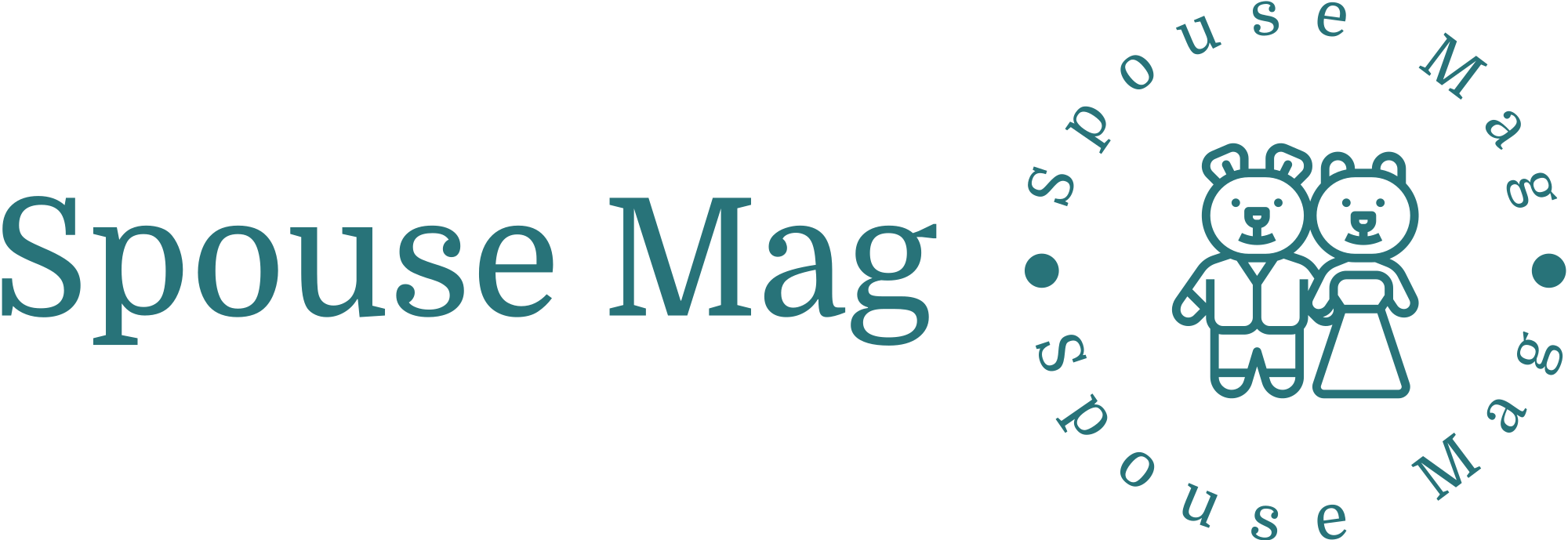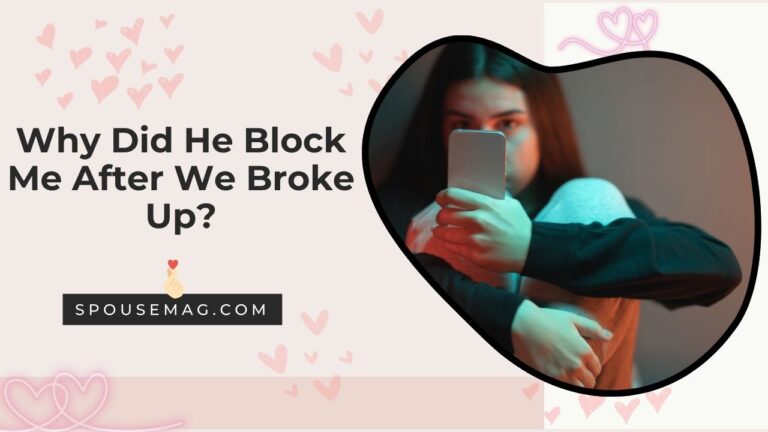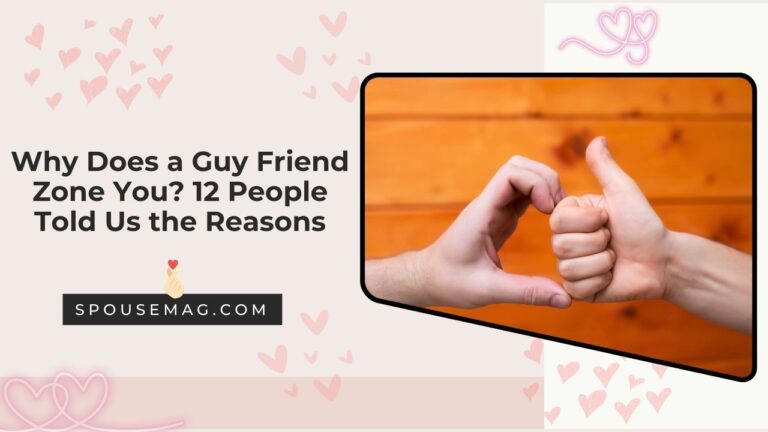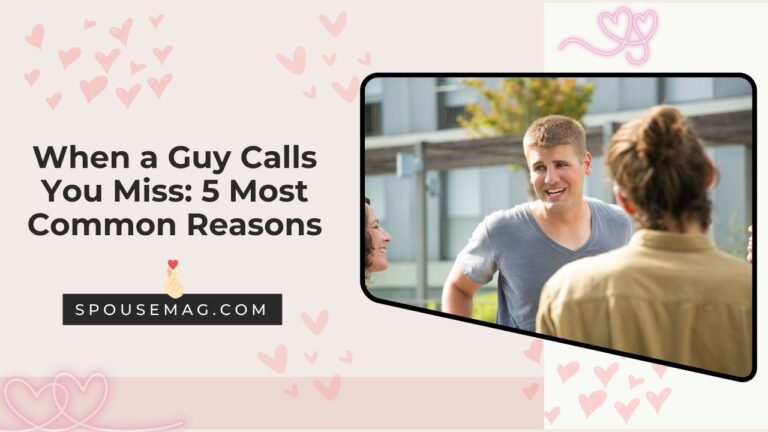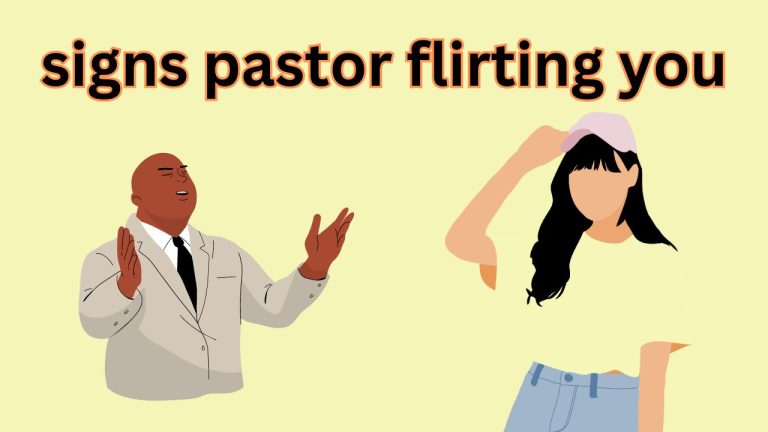Hey there, girl! Let’s dive into this tricky situation. First off, expressing love can be nerve-wracking, but it’s also incredibly brave. When you say those three little words, you’re putting your heart out there, and that takes courage.
Now, when he responds with “I appreciate it,” it might leave you feeling a bit uncertain. You’re probably wondering what exactly that means, right? Well, here’s the scoop:
Context is everything. Maybe he’s someone who’s not used to expressing emotions openly, or perhaps he’s been hurt in the past and is a bit guarded. “I appreciate it” could be his way of acknowledging your feelings while also being cautious.
But here’s the important part: don’t jump to conclusions. It’s easy to overthink and assume the worst, but try not to let your mind go down that rabbit hole. Instead, take a step back and assess the situation calmly.
At the end of the day, remember that you deserve someone who values and respects your feelings. If he’s not ready to say “I love you” back just yet, that’s okay. Give him the space he needs, but also make sure your own needs are being met.
Survey Findings: I said I love you and he said I appreciate it
1. Different Ways to Show Love:
Almost half of the girls (48%) think that when someone says “I appreciate it,” they might show love in different ways. While you might say it with words, they might do things for you or spend time with you to show they care.
2. Unsure About Being Serious:
Lots of girls (29%) feel that when someone says “I appreciate it,” they might not be sure about getting serious. They might like you but feel unsure about making big promises yet.
3. Hard to Talk About Feelings:
Some girls (16%) think that when you hear “I appreciate it,” it could mean the other person finds it hard to talk about their feelings. They might care about you but struggle to say it.
4. Need Some Time Alone:
A few girls (6%) feel that when someone says “I appreciate it,” they might need some time to think. They might want to go slow and see how things go before jumping into a serious relationship.
5. Different Ways to Communicate:
Lastly, a couple of girls (1%) said that people communicate differently. Saying “I appreciate it” might just be their way of saying they care, even if they don’t say it like you do.
How To Respond
So, you’ve just been hit with a “I appreciate it” after pouring your heart out with an “I love you.” Here are some real-life suggestions on how to handle the situation:
1. Take a Deep Breath:
First things first, take a moment to breathe. It’s normal to feel a bit confused or disappointed, but try not to let it overwhelm you. Stay calm and composed.
2. Talk About It:
If you’re unsure about their response, talk to them about it. Ask them what they meant by “I appreciate it” and share how you’re feeling. Honest conversations can help clear up misunderstandings.
3. Respect Their Feelings:
Remember that everyone has their own pace when it comes to relationships. Respect their feelings and boundaries, even if they differ from yours. Avoid pressuring them into saying something they’re not ready to say.
4. Focus on Actions:
Pay attention to how they treat you and the effort they put into the relationship. Actions speak louder than words, so focus on the overall dynamics of your relationship rather than just one response.
5. Give Yourself Time:
Lastly, give yourself some time to process your emotions. It’s okay to feel a little hurt or confused, but try not to dwell on it too much. Take care of yourself and focus on the things that bring you joy and fulfillment.

As a married wife, founder, and editor of SpouseMag.com – these guides are based on my own personal experiences, observations, research and insights. I am transparent about being inspired by the life and work of the two greatest experts in the relationship space – Dr. John and Julia Gottman, and Harville and Helen. They two are some of the strongest couples, researchers, authors, and counselors when it comes to marriage and relationships. My advice and guides are based on my insights and research, and they are not an alternative to professional advice.
